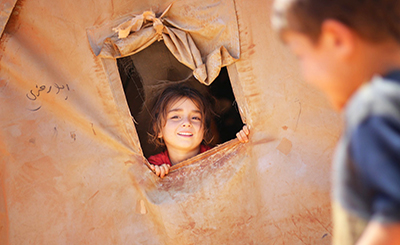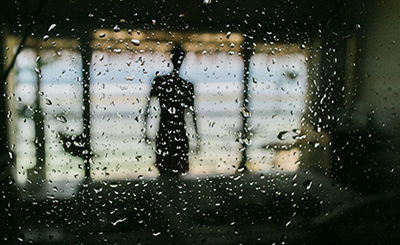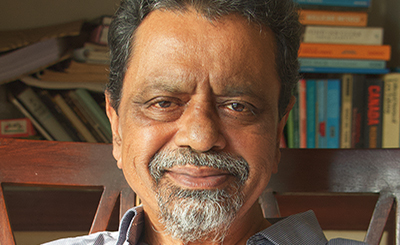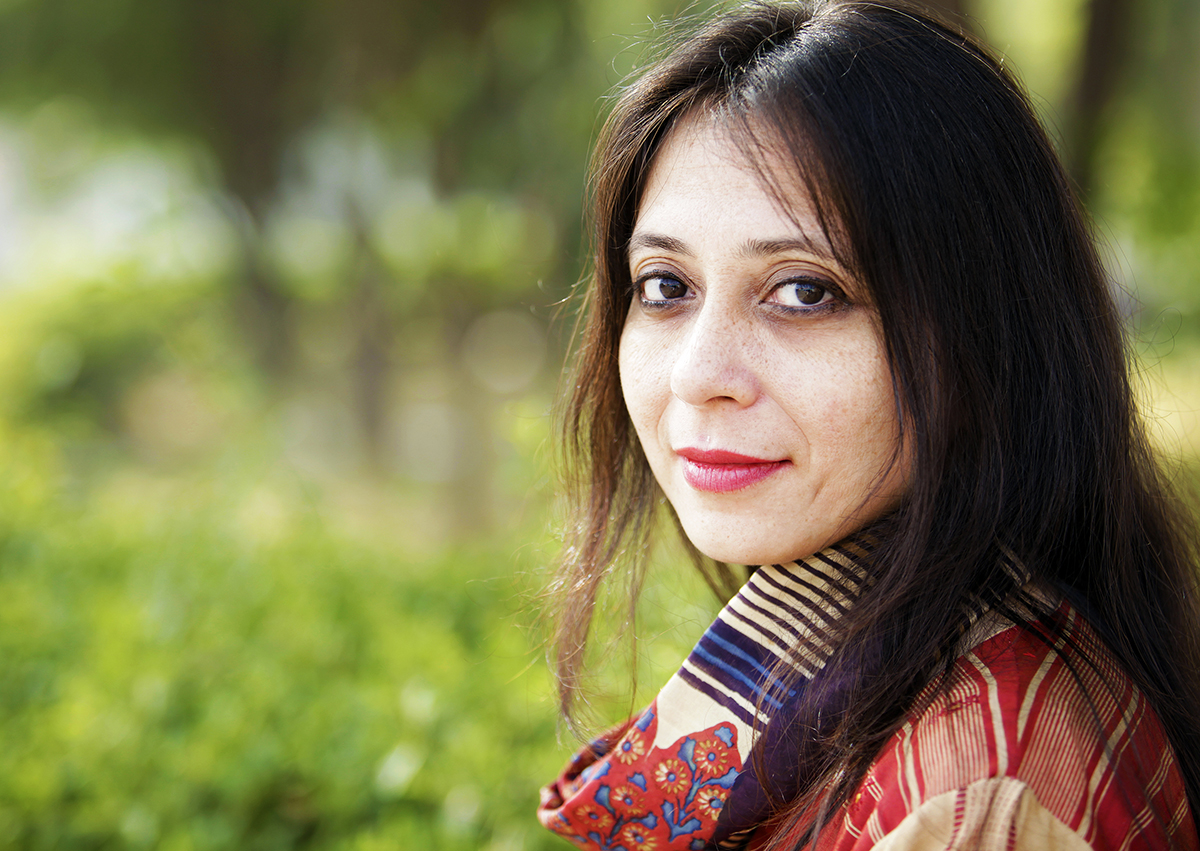
Mumbai-based author Annie Zaidi. Photo: Prabhat Singh
The winner of the Tata Literature Live Book of the Year Award (Fiction) for Prelude to A Riot, talks about the novel, which offers multiple perspectives of rising communal tension, chest-thumping nationalism, and mass polarisation through its nuanced characters, as well as her memoir — Bread, Cement, Cactus — in which she explores language as a site of belonging
Mumbai-based author Annie Zaidi, 42, recently won the Tata Literature Live Book of the Year Award (Fiction) for her novel, Prelude to A Riot (Aleph Book Company, 2019). Earlier, in 2019, Zaidi had won the $100,000 Nine Dots Prize for an essay in which she explored language as a site of belonging. She continues that exploration — pondering over the meaning of home and belonging, based on her experiences of living in different places in India from which she derives her sense of identity — in her memoir Bread, Cement, Cactus: A Memoir of Belonging and Dislocation (Cambridge University Press, 2020), which blends memoir and reportage.
Zaidi writes across genres — essays, poetry, short stories and plays. She arrived on the literary scene with her collection of essays, Known Turf: Bantering with Bandits and Other True Tales (Tranquebar Press/Westland, 2010), which gave us glimpses of India beyond the metros. Known Turf was shortlisted for the Vodafone Crossword Book Award. Zaidi, who was also on the shortlist for the Rs 25 lakh JCB Prize for Literature this year for Prelude to A Riot, says that feeling free to live as she wants to, and write as she chooses to, is a big part of what home means to her. Excerpts from an interview:
Congratulations for the Tata Literature Live Award. When did the idea for Prelude to A Riot come to you?
Thank you! It was never very apparent to me that there was a definite idea towards this book. I had been travelling to research an article about wages and labour conditions a few years ago. This was beautiful region in south India. The district headquarters was a small town where there was no talk of violence but I was hearing a lot of talk about clan identities, a lot of bigoted, Islamophobic conversations. There were many false assumptions floating around about migrant workers, too, and it was somehow mixed up with Islamophobia. The owners of the plantations did not always seem to think of the workers they hired as people who had an equal right to advance in life, to enjoy life a little. It put me off my research for a long time. Those conversations sort of derailed me, and I began to transcribe them, and later, I began to rewrite my notes in a creative way, as soliloquies. I was trying to put into words my fears about how a foundation for violence was being laid.
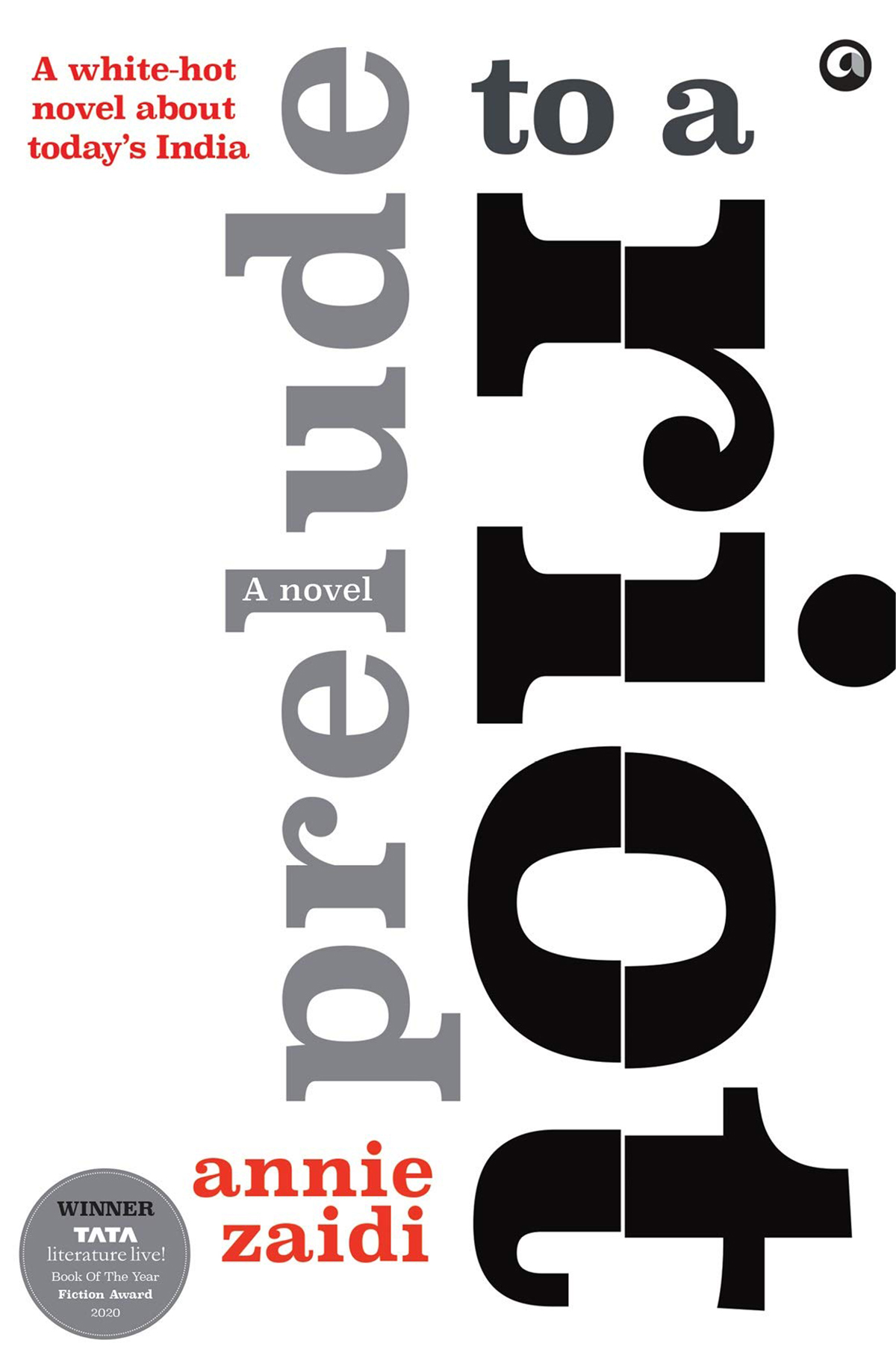
The novel offers multiple perspectives of rising communal tension, chest-thumping nationalism, and mass polarisation through its nuanced characters. It’s the silence before the storm. How did you capture this essence in the novel?
I am not sure of ‘how’. I tend to follow my instinct while writing and the shape and form, the genre even, emerges from the process. Sometimes it fails to emerge at all. With this novel, one of the things I did do consciously was to construct the narrative around the things I had actually seen and heard. The chest-thumping, the subtle and unsubtle control of women’s lives, the rage against farm workers who were not as desperate as they used to be — all of it was from my research notes. I had also briefly been part of WhatsApp groups, or learnt of the sort of bigotry that unfold there, so I knew all the ingredients in the mix of brewing violence.
The novel unravels in a peaceful southern town albeit unnamed. Does it imply that the undercurrents of violence and communal tensions could just be waiting to explode in any place or city?
Yes, that is so. Some violence is carefully planned and an unbiased investigation usually reveals this quite easily. Sometimes, there is nothing to reveal because nothing has been concealed. The stoking of tensions, the invention of a pretext, the call to arms — all of it is done rather shamelessly. However, usually, mass violence benefits someone and the chances that it will explode are higher whenever someone needs a pretext for dividing people along racial or religious lines. Older instances of violence serve as fuel for further violence. The lack of justice in the aftermath of one riot leads to the assumption that there is no justice possible where mobs or mass violence is concerned. To not punish the guilty is to further the harm done by riots. As trust between communities erodes, tensions rise, and they don’t just rise in one spot. They rise everywhere where people hear stories about these tensions.
Most characters have soliloquies which render a personal touch, helping the readers live vicariously through different perspectives; of both young and old, Muslims and Hindus, without judgment and scorn. How important is it to understand and explore myriad worldviews?
For a writer, it is important to understand characters. In the non-fiction format, we must learn to listen to people, no matter how strongly we disagree with them. If I were interviewing a murderer, for instance, or someone who spouts fascist ideas, I would have to ask questions that reveal his/her motivations. This is part of what writers do — they seek to understand, then try to transmit this understanding of the world and its events. In life, of course, one must try and understand other people’s point of view, but none of us is obligated to tolerate bloodlust or racism or bullying. Understanding the causes of bigotry does not mean that I do not judge it or resent it.
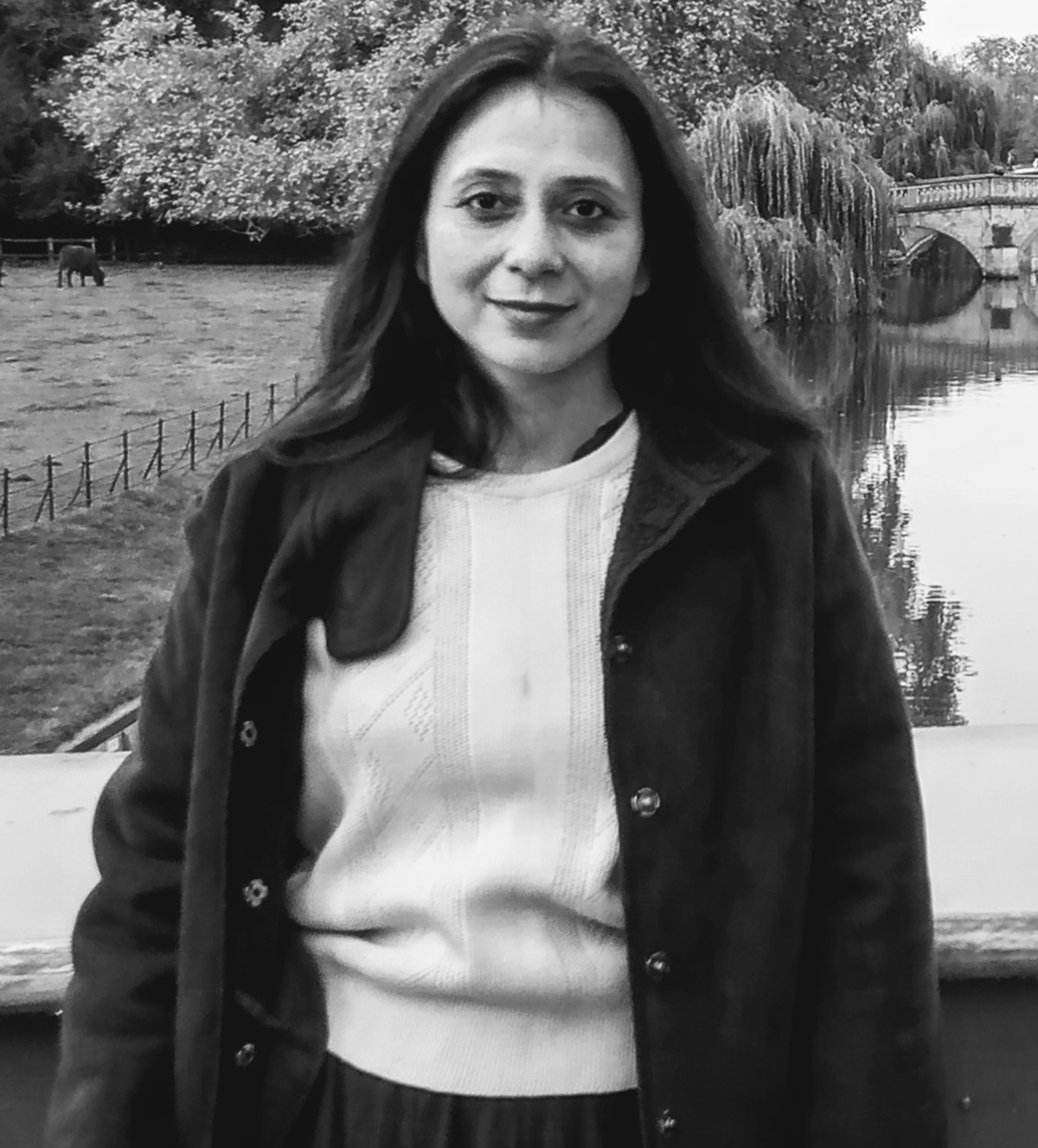
Annie Zaidi. Photo courtesy of the author
In Dada, one of your beautifully sketched characters, one finds some semblance of hope. His quiet, knowing demeanour, marked by years of experience and wisdom, is in sharp contrast to the vigour and anger displayed by his grandson, Abubaker. Despite the ongoing communal war, his faith in his homeland is unwavering, his silence deafening. Has he resigned to the politics of his country or is his silence an act of defiance against communal forces?
Dada is gentle, but he is also a bit of an insular character. His concerns are limited to the family, the plantation, the town and its trade. I don’t think of him as either resigned or defiant. I think he is the sort of person who needs to believe that things will be okay. He has spent his whole life invested in this town, this piece of land, and it is difficult to dismantle a lifetime of commitment overnight, especially if you are not the sort of person who socialises much, or spends a lot of time just chatting in cafes or in online fora. Dada probably doesn’t know how things can get very bad, very quickly. Age has brought him emotional wisdom and patience but I don’t see him as being politically alert. His grandson is the opposite. He is very sensitive, very alert to everything around him, and therefore he is wary and tense, which is expressed as anger.
How did it feel on winning the Nine Dots Prize? Could you describe your journey: from ideating “Bread, Cement, Cactus” to completing it?
It is difficult to compress all of that into a few words. In brief, I heard about the prize and first tried to just write a 3,000 word essay that touched upon some of the ideas and feelings I had about belonging and home. Then I wrote an indicative chapter list and description of the themes the book would cover. It was a personal essay that would open up into a book that was part memoir and part research and commentary. Once the prize was announced, I set about researching the parts that I needed, travelling again to some of the places mentioned in the book, reading around the various themes. As I proceeded, I felt new arguments opening up in my head. Language as a site of belonging was more fully developed while I was writing, and the chapter on women’s place was not envisioned but became inevitable as I thought about internal migration and home as a site of safety. It took about seven months to turn in a first draft, from the announcement of the prize.
Your memoir, Bread, Cement and Cactus is vastly different from your earlier novel, Prelude to A Riot. However, both these books find remnants of the loss of identity, dislocation, and hyper-nationalism. Was this always a prerequisite for you while writing?
Not necessarily a prerequisite though some of these questions have always been present in my work because, as the memoir explains, my identity is a little complicated. I wrote a little about identity and belonging in my first collection of reportage-based essays too, but not subsequently. I wrote a collection of love stories which is very far removed from questions of nationalism or location, and another novella, Gulab (HarperCollins, 2014), which is a bit of a spooky love story. It is inter-religious, so identity is one part of the story but it is not the wellspring. My other recent work was Three Plays: Untitled 1, Jam and Name, Place, Animal, Thing (Dhauli Books, 2018), which is more about artistic freedom and creeping tech-driven surveillance. It is a mixed bag of prerequisites, but I suppose what I respond to is a certain social anxiety or to questions of what is allowed or disallowed in our lives.
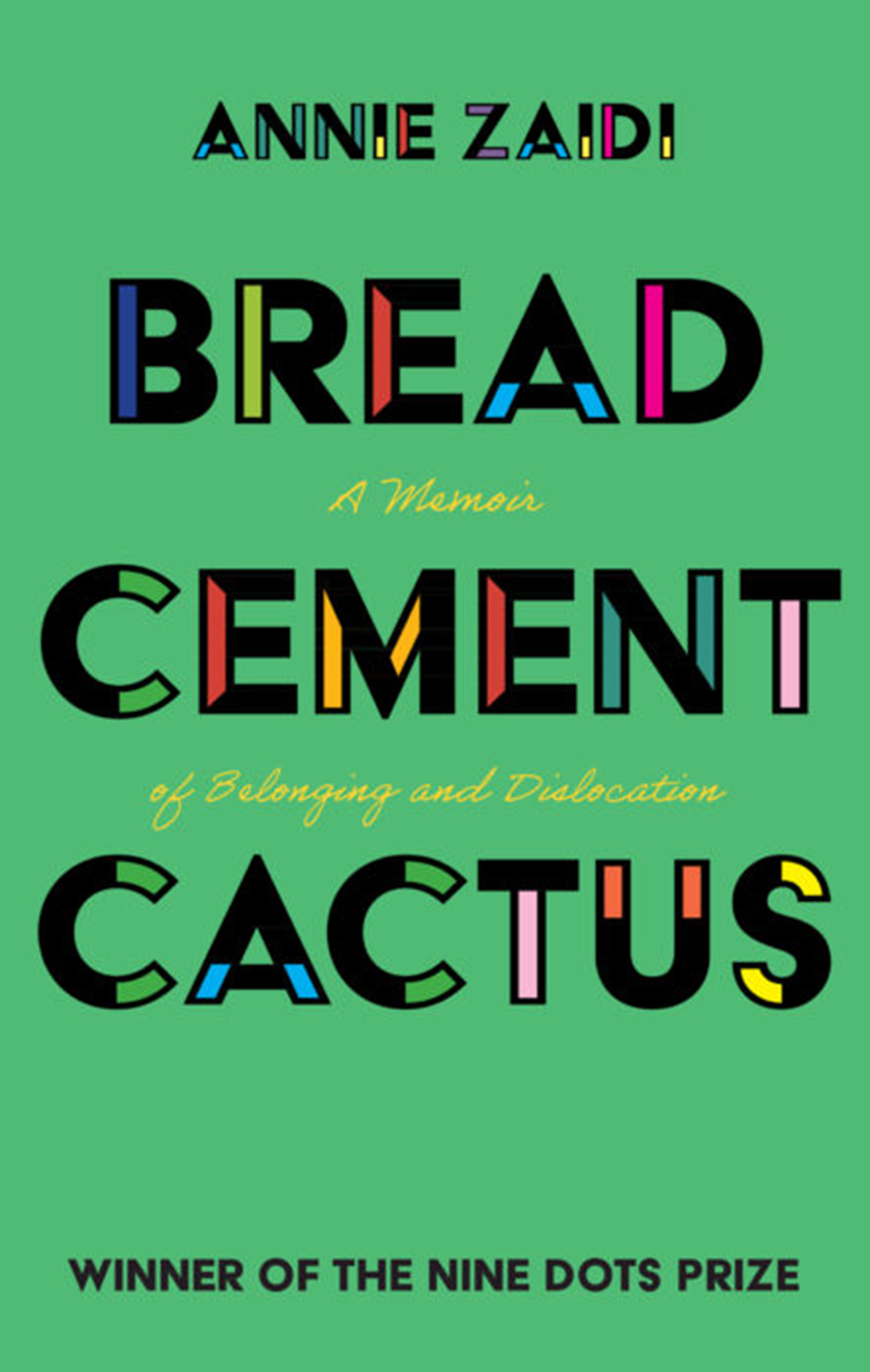
While talking about language, you say ‘Whoever controls language, controls everything’. Despite India’s rich diversity, linguistic hegemony has resulted in class-divide furthering an imbalance in a country reeling from fragmentation of both unity and brotherhood. How can language be used as a catalyst for integration?
Language doesn’t further imbalances; it is deployed as a tool for furthering the imbalances that serve elites in India. There are people who will use every tool at hand to create a version of society where they retain power and influence, and where their nearest competitors suffer reversals that are hard to recover from. Religion, language, food, a combination of all these, are potent tools because they are tied up with history, tangible memory, emotional response on an intimate level. It is the same tools that are also useful to bind and integrate people. Language is essential to the project because people can’t begin to understand or accept each other if they can’t comprehend the meaning of the words or read the script. In countries where there is the likelihood of conflict, or new groups facing hostility from entrenched cultural groups, language can be used through music, or just through making it more visible in public spaces, offering it as an option on school and college curricula, teaching people the linkages between language, migration, history, trade, and how cultures have constantly evolved.
While reading your memoir, I couldn’t help but chuckle and ponder at this observation ‘Many Indians define themselves against Pakistan.’ As someone whose maternal grandparents live in Pakistan, I can testify to the curiosity and hostility I’ve received over the last few years. This begs the question and one you’ve thrown open to the readers as well: Was Partition concluded in 1947, or was it initiated?
This is a difficult and painful question to confront. I don’t have an answer. Many people talk as if it was not concluded by insinuating that the many millions of Muslims who live in India do not have a right to be there, since Pakistan was created. A lot of time and energy is spent in creating fresh divisions and in making people worry about their place in their own country, so perhaps in the minds of these people, Partition is a living process and they continue to enact it emotionally.
You’ve explored the meaning of ‘home’, of what it means to truly feel at peace with yourself and your surroundings. What does home mean to you right now, at this moment?
I have come to accept that home is a fluid thing. Perhaps even a fleeting thing. It is less about location and more about feeling. It is about value systems, trust, safety. You could feel at home in your parent’s house, for instance, in the morning and something may happen by afternoon that makes you feel like you couldn’t possibly live there. During the pandemic, home has just meant a place to isolate oneself. Whatever else it may be in the future, I do think that feeling free to live as I want to and write as I choose to is a big part of what home means to me.
Comments
*Comments will be moderated




